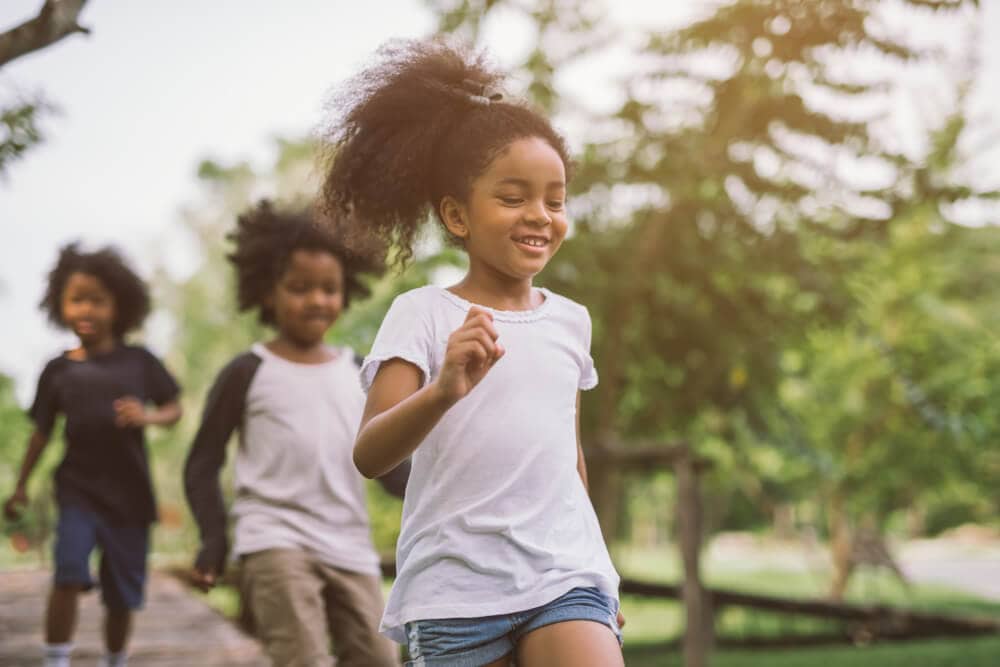Most people naturally know that they feel better after spending time outdoors, even if it’s only a few minutes. This notion will make most of us want to go out for a walk, sit outside, or go to our favorite location to listen to the birds and other nature sounds. The problem is that most children don’t understand the reason for the feeling. They’re not meant to stop and think about what makes them feel good or how nature can help them find more peace.
Because of the increase in technology, the feeling people have (especially children) when they’re outside is slowly decreasing because they simply ignore it. They are usually too focused on their phones to realize that spending time in nature has several benefits. This idea makes it up to the parents to ensure that children get away from technology. Moreover, that they focus on what is going on outdoors. Unfortunately, this is easier said than done – especially if your child is older. If you need to help your children understand the importance of nature on their well-being, you’ve come to the right article.
Children are Encouraged to Exercise

It seems that no matter how old a child is when they find themselves in nature, they will want to run and play. While the older kids might walk, talk, or even just enjoy the scenery, younger children seem to run, laugh, and play more the closer they are to green pastures – even if it’s their backyard. This notion isn’t only because of any toys or equipment, such as swings, they have to play. It’s also because there is something about nature that makes children more active. That means communities with more trees are ideal environments for healthy kids.
A recent Canadian study looked at the amount of tree space in specific neighborhoods and found that children between the ages of 11 and 13 were more active outside when there were more trees. While this meant that children who lived in the country were more active close to home, cities offer trees and parks. If you aren’t lucky enough to live near a park in the city, you might have to drive your children there to play. When childhood obesity is increasingly common, it’s definitely worth the drive to the park to give your child time in nature.
